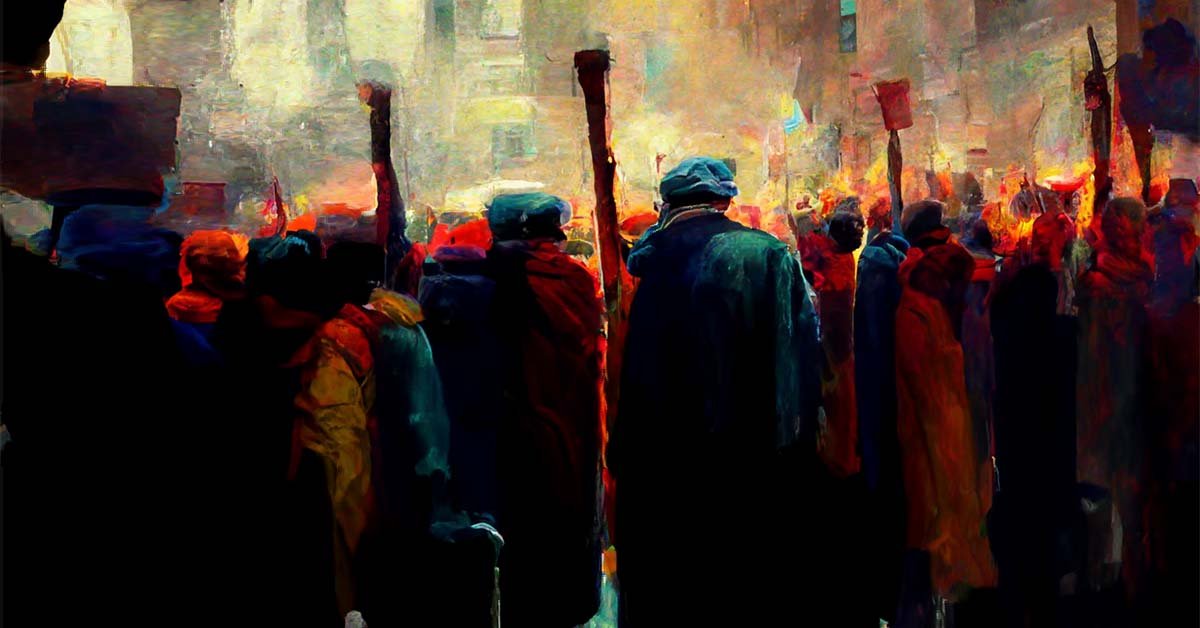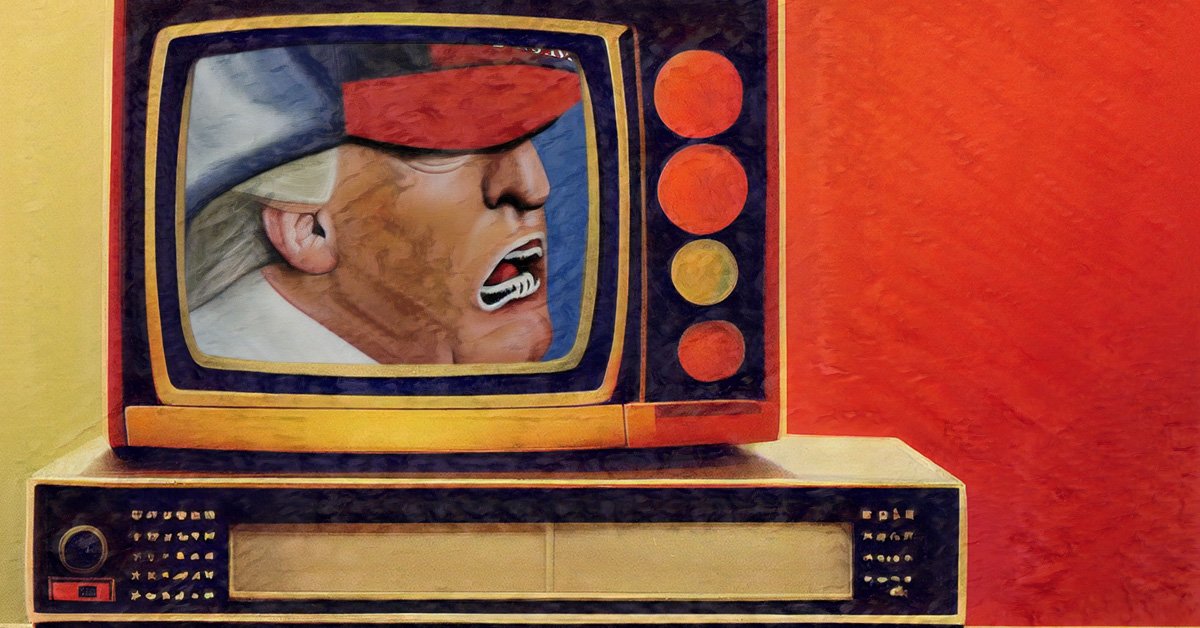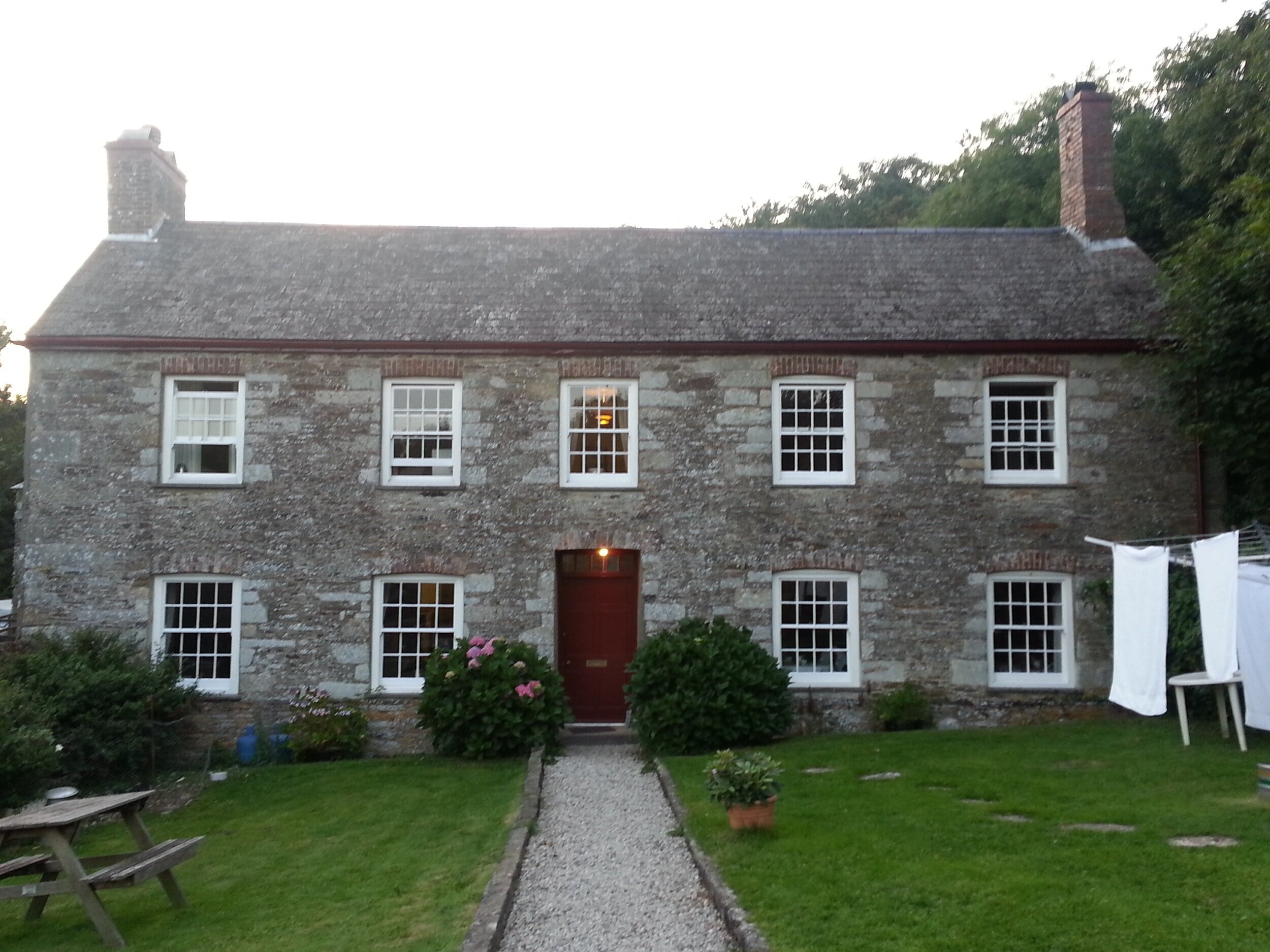
Social Movements Will Not Free Us (part three)
A strengthened ‘civil society’ will not win anyone’s liberation. Popular struggles will, if we Agitate, Educate and Organize so people see the Left Alternative.

Social Movements Will Not Free Us (part two)
Does ‘strengthening (a) civil society’ of voluntary associations gradually improve liberal democracy ‘from below’? It is conventional wisdom. But mostly wrong.

Social Movements Will Not Free Us (part one)
Why did the Arab Spring lead to more brutal repression, instead of more democracy? Asef Bayat’s analysis provides some lessons for the left everywhere.

Half A Revolution is Better Than None
Was the Arab Spring in Egypt et al a real revolution? Yes, and Jack Shenker’s first hand account shows how and why.

Where Will the Post-2008 Left Go Next?
Since 2008, many people are disillusioned with capitalism. Keir Milburn says workplace experiences are more critical to this than many realize. Is he right? What does it imply about how we should organize?

Trump’s First Impeachment: What Not To Repeat the Second Time
The first impeachment hearings failed to persuade TV viewers that Trump should be removed. To defend against a real threat to American democracy, Democrats could have barnstormed the country, but they feared being seen as agitators.

Could Jeremy Corbyn Have Beaten Boris the Actual Incompetent One?
Bernie Sanders and Jeremy Corbyn revived the hopes of many people who had given up much hope for real leftward change through electoral politics. On June 8 2017, the Corbyn-led British Labour Party defied the odds and won 40% of the vote, raising hopes for a Left breakthrough. On December 12 2019, Boris Johnson ‘s Conservatives crushed Corbyn and Labour with the slogan “Get Brexit Done”. Was Corbyn’s loss avoidable? Why did he lose?

SIXTIES STUDENTS: Read Me First and Comment on ‘Other Campuses’
The SIXTIES STUDENTS posts are excerpts from notes for a book on the student power movement in English Canada from 1965 to 1970. Read this post to understood how each of the posts are a response to a set of questions. If you were there, but on another campus than the featured cases of Simon Fraser, McGill, Toronto, Dalhousie-King’s and Regina, please use this post to tell stories about what you and others did on your campus.
SIXTIES STUDENTS McGill (5C): Firing of Stan Gray Prompts McGill Francais March
On March 21 1969, a massive march to the gates of McGill, initiated by mostly francophone CEGEP students, militant trade unionists and Quebecois nationalists of all political stripes, protested the firing of Stan Gray and called for a McGill Francais.
SIXTIES STUDENTS McGill (5B): Senate and Board Walk-Ins for a Critical University
The left-wing Robert Hajaly Student Council, supported by departmental unions operating in parallel, tried to work through channels to negotiate the ceding of student power, but McGill faculty were intransigent and key liberal and social democratic student leaders gave them cover. The result was a series of walk-ins to the closed meetings of faculty committees, the Senate and the Board. The ranks of the protesters included individuals from all parts of the student left. They called on McGill to become a democratized Critical University that served the interests of all Quebeckers equally in a new Quebec. Repression followed.
SIXTIES STUDENTS McGill (5A): the Political Science Strike
In Fall 1968, there were occupation-strikes across Quebec in the new largely francophone two year colleges (CEGEPS). They wanted more francophone Universities, more access from CEGEP to universities, student power and democratization. McGill’s Political Science departmental union supported their demands and waged their own strike for student power.
SIXTIES STUDENTS McGill (4B): The Realist and the SDU Sit-In, part two
The 1967 External Affairs report sought major democratization of McGill and acceptance of the minority status of English Quebecers in the new Quebec. This helps explain the ferocity of the repression by faculty, liberal student executives and the administration of those associated with the report in The Realist affair and the SDU sit-in.
SIXTIES STUDENTS McGill (4A): The Realist and the SDU Sit-In, part one
The liberal Student Council of 1967-68 rejected the Wilson-Fekete proposals to seek a negotiated democratization of McGill. Fekete republished a political satire from The Realist. The administration and faculty responded by threatening three McGill Daily staffers with expulsion. When Stan Gray and the SDU lead a sit-in in support of the Daily, the administration, faculty and liberal Student Council executive seek criminal assault charges against Gray and add dozens of students to the list of those facing expulsion or suspension.
SIXTIES STUDENTS McGill (2B3B): UGEQ and Student Syndicalism, part two
The ‘civil service’ of committees around McGill Student Council played an important role in researching and promoting new ideas about the relation of English Quebeckers to the new Quebec, about democratizing the university, and about changing the classroom to put students in charge of their own education.
SIXTIES STUDENTS McGill (2A3A): UGEQ and Student Syndicalism, part one
McGill Student Society president Sharon Scholzberg fails to mobilize students to fight a fee increase. She then loses a referendum to join the unilingual French-language Quebec national student association (UGEQ). But many students are moving leftward, and many are open to supporting a new Quebec, where the francophone Quebecois exercize power proportionate to their (large majority) size of the population.
A conservative Council for 1966-67 is elected in Spring 1966. Ironically, it is on their watch that McGill students eventually vote to join UGEQ. An attempt to punish the student newspaper editor Sandy Gage for allowing publication of an article on a McGill professor’s research, that is used to aid the U.S. war effort in Vietnam, backfires on the student right. The SDU is created out of the student body defence of press freedom.

